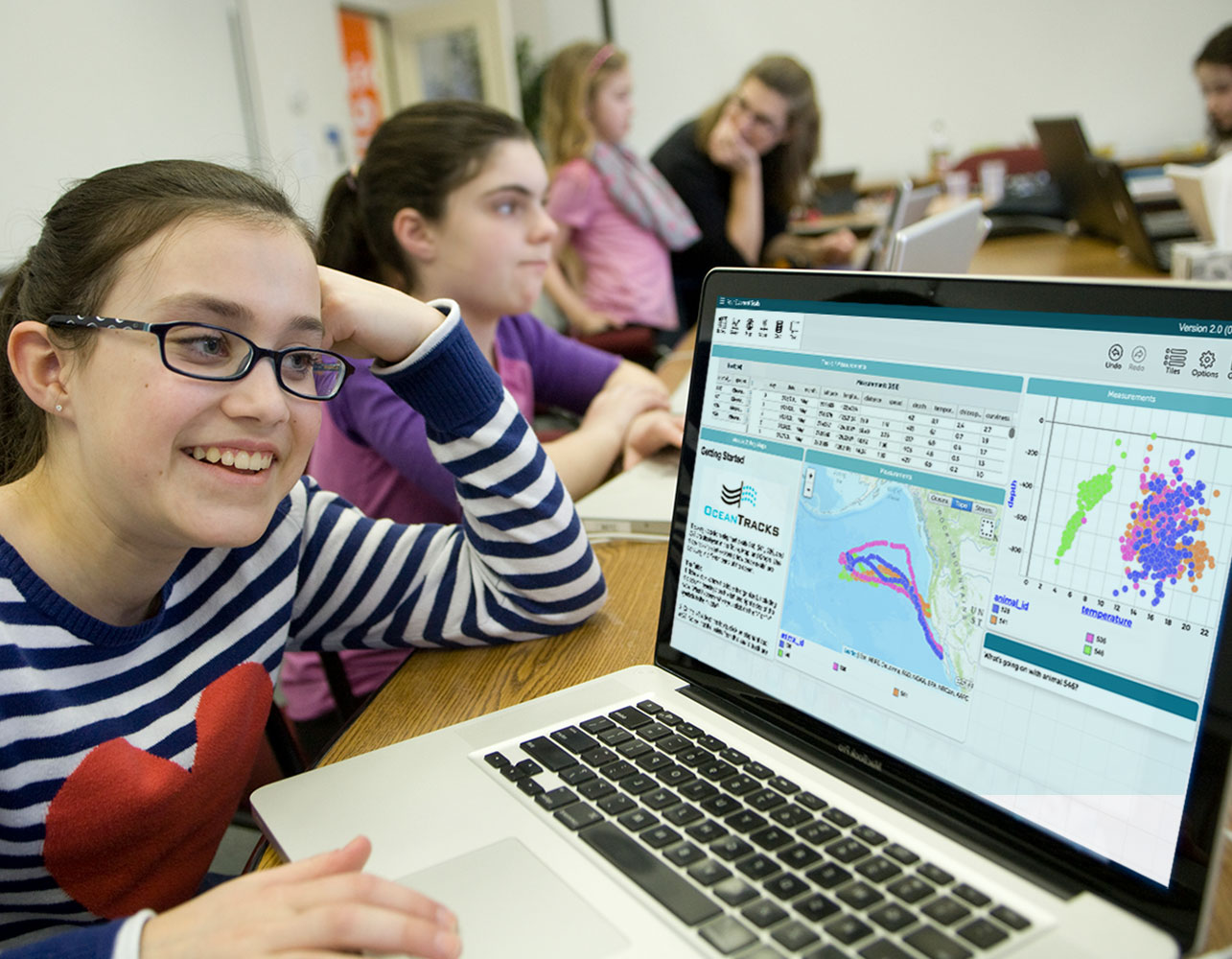Leaders in Education to Advance Data Science (LEADS)
Importance
Students need effective STEM teachers who are invested in supporting their own professional learning, as well as the learning of their students, fellow teachers, and professional communities. However, there is a widespread shortage of teachers across STEM disciplines, and where schools are fortunate enough to have high-quality STEM teachers, these teachers are rarely equipped to lead other teachers in developing their practice. This means their expertise is squandered. This project will develop Leaders in Education to Advance Data Science (LEADS).
In a dynamic STEM landscape, where new technologies, knowledge, and practices are rapidly emerging and there is increased focus on interdisciplinary STEM concepts such as data fluency, the current status of STEM teachers in the nation’s schools will leave many students without access to the ideas and skills that are increasingly important for citizens to have, such as data literacy. Data science competencies are increasingly important for students to be prepared for the future, and most STEM teachers lack adequate training to engage their students with data in meaningful ways.
This project aims to serve the national need of recruiting and retaining high-quality STEM teacher leaders in high-needs K-12 schools by developing middle-level grades STEM teachers into both leaders in their schools and the larger data science education communities. Teachers will complete a three-year master’s plus program at Middle Tennessee State University that integrates coursework in leadership and data science education, and supports teachers in applying concepts from these classes in their local contexts through leadership experiences, community building, and reflection.
Research
LEADS is designed to develop teacher competency, recognition, belonging, and identity. Project research aims to provide evidence about teachers’ changing thinking, identity, and teaching practices. The project seeks to answer the following research questions:
- How does teachers’ knowledge about data science change?
- How does teachers’ pedagogical knowledge about teaching data science change?
- How do teachers’ instructional practices change when engaging their students with data science ideas and practices?
- In what ways does the LEADS community influence teachers’ sense of belonging and professional identity as a teacher leader?







